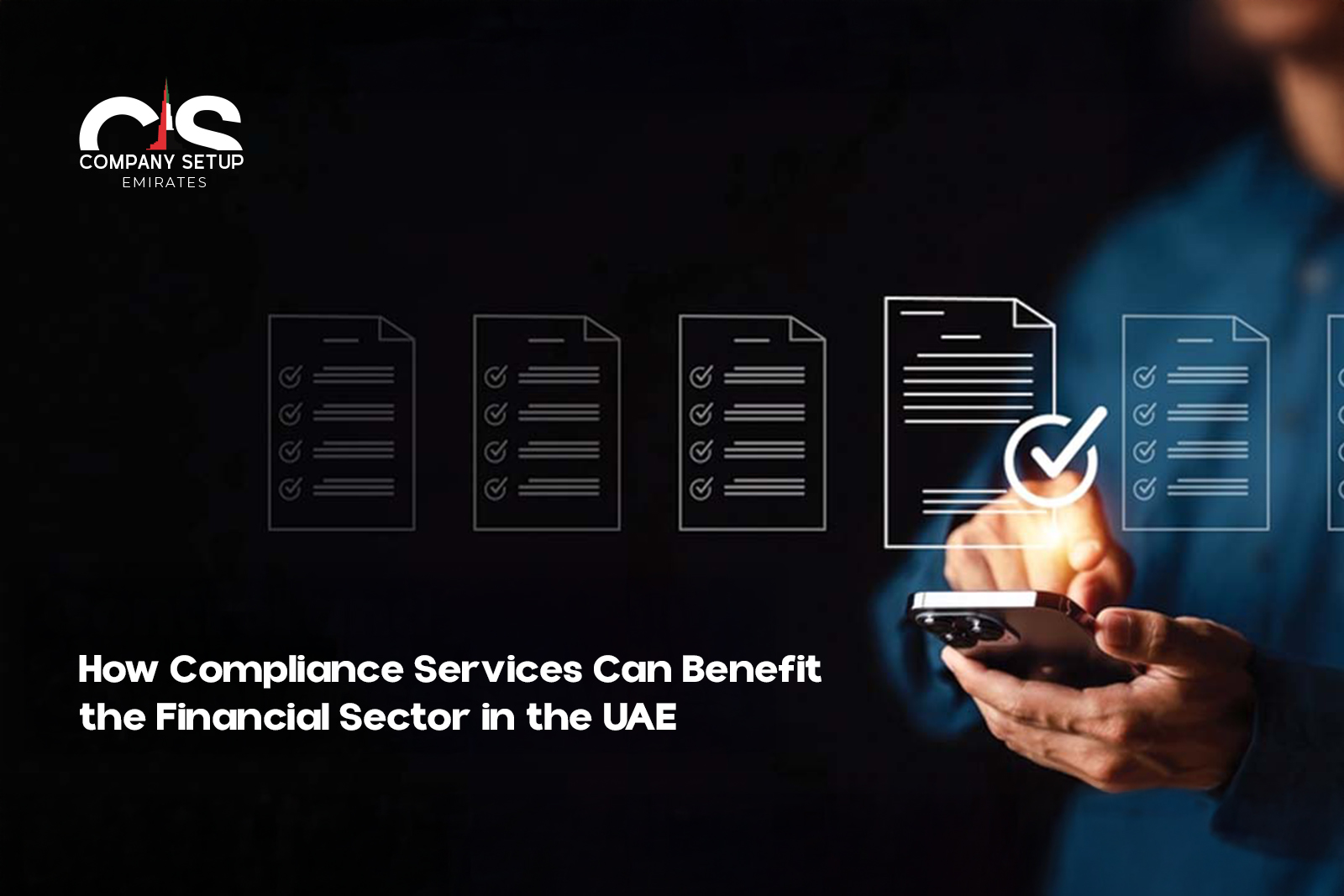Indian Entrepreneurs Setting Up in Dubai can discover a detailed guide to handle business registration, legalities, and financial planning effectively .Dubai has emerged as one of the most popular destinations for entrepreneurs worldwide, and Indian business owners are no exception. With its business-friendly policies, low taxes, and strategic location, Dubai offers an ideal platform for growth and expansion. However, Indian Entrepreneurs Setting Up in Dubai must navigate specific processes and regulations to establish their businesses successfully. This guide provides a detailed checklist to simplify the journey.

1. Conduct Comprehensive Market Research
Understanding the Dubai market is the first step. Study consumer behavior, competitor strategies, and trends in your industry. Dubai’s business environment is highly competitive, so identifying a niche for your product or service can be a game-changer.
Action Points:
-
- Use local market research agencies or online platforms to gather data.
-
- Validate your business idea with surveys or focus groups.
- Analyze the demand for your services and evaluate market gaps.
2. Decide on the ideal Business structure
Dubai provides various business structures, such as free zone companies, mainland companies, and offshore companies. Each structure caters to different business needs and goals.
Business Structure Options:
-
- Free Zone Company: Ideal for international trade with benefits like 100% ownership and no customs duty.
-
- Mainland Company: Suitable for businesses targeting the UAE local market but requires a local sponsor.
-
- Mainland Company: Suitable for businesses targeting the UAE local market but requires a local sponsor.
Understanding which structure aligns with your business goals is crucial.
3. Register Your Trade Name
Choosing the right business name is more than just a formality, it is a reflection of your brand. Dubai’s naming guidelines ensure that trade names respect cultural norms and are distinct.
Business Structure Options:
-
- Avoid using offensive or religiously sensitive words.
-
- Ensure the name aligns with your business activity.
-
- Reserve your trade name through Dubai’s Department of Economic Development (DED) portal.
4. Select the Appropriate Location
Your business location can significantly impact operational efficiency and cost. Indian Entrepreneurs Setting Up in Dubai often explore free zones for their tax benefits and simplified setup processes. On the other hand, businesses targeting the UAE’s local market prefer mainland locations.
Free Zone Benefits:
-
- Industry-specific support.
-
- Industry-specific support.
-
- Hassle-free import/export procedures.
Mainland Benefits:
-
- Freedom to operate across the UAE.
-
- Access to local markets.
5. obtain the Necessary Licenses
Securing the right license is crucial for legal business operations. Depending on your business activity, Dubai offers three primary licenses:
-
- Commercial License: For trading and general business.
-
- Professional License: For service-oriented ventures.
-
- Industrial License: For manufacturing and industrial operations.
Submit the required documents, including your trade name certificate, memorandum of association, and passport copies of shareholders.
6. Open a Business Bank Account
A corporate bank account is mandatory for transactions. Research different banks to find one that aligns with your business needs. Banks often evaluate your business activity and structure before approving account openings.
Documents Required:
-
- Trade license.
- Business plan.
- Identification documents of all shareholders.
7. Secure Office Space
Having a physical or virtual office is a requirement for most businesses in Dubai. Free zones often provide affordable co-working spaces, while mainland businesses can lease or purchase office space.
8. Understand Taxation Rules
While Dubai is tax-friendly, businesses must comply with the Value Added Tax (VAT) regulations. Businesses earning over AED 375,000 annually are required to register for VAT.
Compliance Steps:
-
- Maintain detailed financial records.
- Maintain detailed financial records.
- Hire a professional accountant or tax consultant if needed.
9. Apply for Visas
As an entrepreneur, you’ll need a visa for yourself and any employees you plan to hire. The process involves acquiring an establishment card, obtaining employee permits, and adhering to labor laws.
10. Build a Network
Networking is key to success in Dubai. Join local business groups, attend events, and establish partnerships. Organizations like the Indian Business and Professional Council (IBPC) are great starting points for Indian Entrepreneurs Setting Up in Dubai.
11. Stay Updated on Legal Obligations
Compliance is an ongoing process. Ensure you renew licenses, pay VAT on time, and adhere to UAE labor laws. Keeping up with these obligations avoids fines and ensures smooth business operations.
FAQs
1. What are the benefits for Indian Entrepreneurs Setting Up in Dubai?
Indian entrepreneurs benefit from Dubai’s tax-friendly policies, strategic location, and ease of doing business. They can enjoy 100% ownership in free zones and access to a global market. Dubai’s infrastructure and support services make it ideal for business growth.
2. Can Indian entrepreneurs start a business in Dubai without a local sponsor?
Yes, free zones in Dubai allow 100% foreign ownership without a local sponsor. However, mainland businesses may require a sponsor for certain activities. Recent revision have reduced sponsor requirements for some business types.
3. What is the minimum investment required to set up a business in Dubai?
The cost varies based on the business structure, location, and license type. Typically, it ranges from AED 15,000 to AED 50,000. Additional costs may include visa processing and office space.
4. How long does it take to set up a business in Dubai?
The timeline depends on the business type and approvals required. Free zone companies are usually set up within 7-10 working days. Mainland businesses may take longer due to additional regulatory steps.
5. What industries are best for Indian entrepreneurs in Dubai?
Dubai offers opportunities in trade, IT, healthcare, food services, and tourism. Industries that cater to expatriates and global markets thrive. Niche markets like renewable energy and logistics also show potential for growth.
Conclusion
Setting up a business in Dubai is an exciting journey, offering opportunities to scale and succeed in a global market. By following this checklist, Indian Entrepreneurs Setting Up in Dubai can streamline the process and establish a strong foundation for their ventures. From selecting the right business structure to building valuable networks, each step plays a crucial role in ensuring long-term success.






